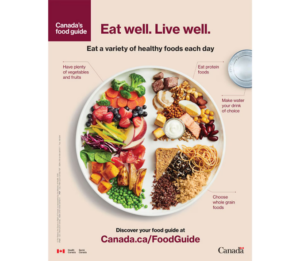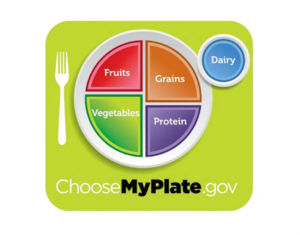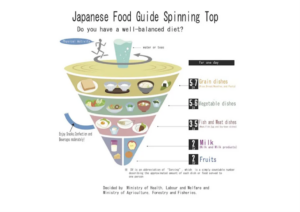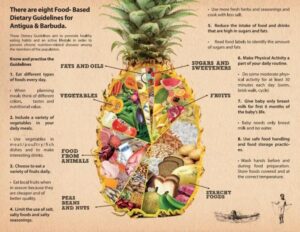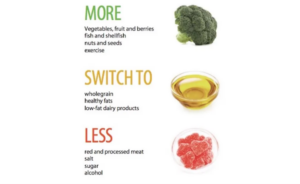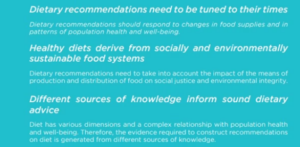I can’t believe it’s already April; this year flew by so fast! I’m sure it went by even quicker for you students. Since we are coming up to exam season, I thought it would be fitting to talk about sleep and nutrition. I am sure you have heard how beneficial sleep can be, but during exams, I think we all take it for granted a bit.
To get started let’s review why sleep is so important. Sleep can help to strengthen learning, focus and memory – which is something you will want lots of over the next few weeks of exams. It also aids in repairing the body and supporting our immune system to fight off disease. Additionally, nutritionally speaking, sleep can impact our appetite by regulating appetite hormones and preventing cravings for less nutritious options. On the flip side, poor sleep can cause increased stress, anxiety and mood swings, among other things.
Now that we got that covered, let’s dive into how we can promote good sleep vs what we might need to avoid. Below are some tips on how to use nutrition to get a better sleep:
- Eat Consistently – avoid skipping any meals and aim to eat regular, balanced meals and snacks throughout the day to maintain consistent energy levels.
- Have a Bed-Time Snack – try a banana with nut butter, Greek yogurt with honey or a handful of nuts to support your sleep. This helps to ensure you will be satisfied all night long which can prevent any sleep disruptions.
- Hydration – drink plenty of fluids during the day to stay hydrated, but try to limit fluids right before bed, for obvious reasons.
- Caffeine – aim to reduce caffeine intake in the afternoon and opt for herbal teas and other caffeine free options instead.
Now that we’ve covered a few of the easier tips you can incorporate into your daily routine, I want to dive more into your diet and how it can impact your sleep hygiene.
Like I mentioned briefly before, eating regularly helps you to maintain consistent energy levels and prevent fatigue during the day. It also helps to ensure you are eating enough to support steady blood sugar levels which can be important in preventing any waves of late-night hunger. Additionally, while meeting your caloric needs is one piece of the puzzle, it is also beneficial to consider what those calories consist of. Ideally, a diet that is rich in fruits, vegetables, whole grains and lean proteins supports better rest. Perhaps during the exam season, you can think about how to incorporate more of these to support your sleep cycle!
On the other hand, there are a few foods and drinks that can poorly impact your sleep. Below are some of the most common:
- Caffeine – especially when consumed in the afternoon, can stay in your system for many hours and disrupt your sleep. Caffeine can be found in coffee, energy drinks, chocolate etc.
- Highly processed/Sugary Foods – having these types of items too frequently can lead to energy crashes and restlessness through the night.
- Alcohol – while this commonly makes people feel sleepy, it can actually reduce overall sleep quality.
- Heavy Meals/Spice – these are fine at other times of the day but, having them close to bedtime can cause acid reflux and discomfort which makes it harder to fall asleep.
I know sleep can be one of the first things we take for granted when cramming for a test or when life gets in the way, but it is a crucial component of your overall wellness in the long term. I challenge you to prioritize sleep this exam season and see if you can feel the difference, your grades may thank you for it!
**Disclaimer: Blog posts are not meant to replace medical advice. If you have a personal medical condition please consult with the appropriate provider**
